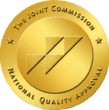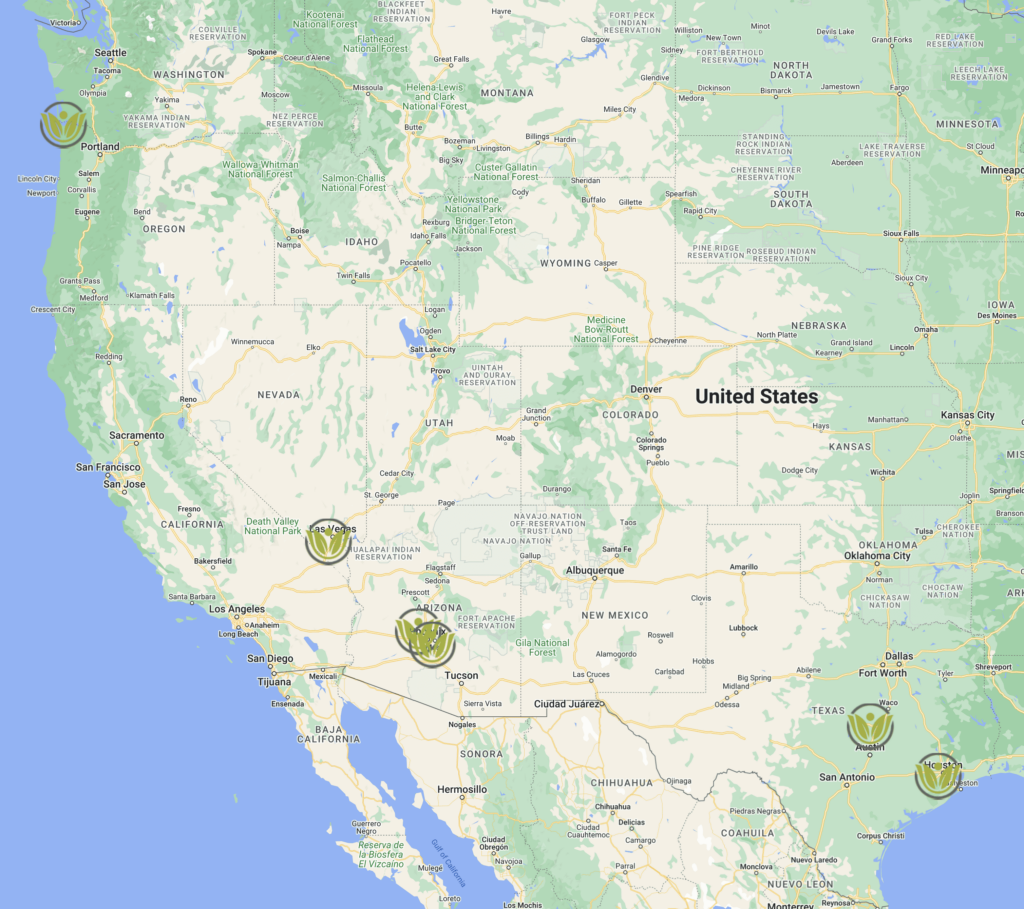Yes, state-sponsored drug treatment programs typically provide addiction treatment services for individuals struggling with drug or alcohol addiction. These state-supported programs are designed to provide affordable addiction treatment services to those who may not have the financial resources to pay for private treatment.
The specific services covered may vary depending on several factors, but below is a general outline of the typical services that may be included at government-funded drug rehab centers:
- Medical detoxification: Some state-funded rehab centers offer medical detoxification services to help individuals safely withdraw from drugs or alcohol.
- Inpatient treatment: Inpatient treatment provides individuals with a structured, supportive environment for addiction treatment. This type of treatment is usually recommended for individuals with a severe addiction or co-occurring mental health condition.
- Outpatient treatment: Outpatient treatment provides individuals with flexible treatment options that allow them to continue working or attending school while receiving treatment.
- Individual counseling: Individual counseling assists in determining the underlying causes of addiction and in creating coping mechanisms to deal with triggers and avoid relapsing.
- Group therapy: Group therapy provides peer support, helping to build social connections with others in recovery.
- Family therapy: Family therapy helps individuals and their families address the impact of addiction on family dynamics and relationships.
- Aftercare planning: Aftercare planning helps individuals transition back to their daily lives after completing treatment. This can include ongoing counseling, support group meetings, and other resources to prevent relapse.









